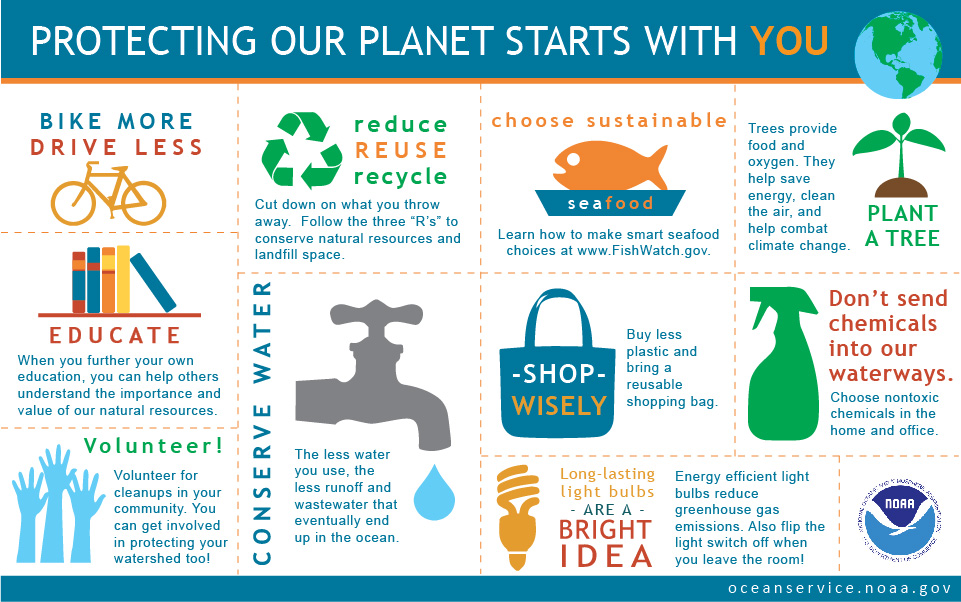Simple Lifestyle Changes To Protect Our Planet
Living Sustainably
Reducing plastic and food waste
Shulamit Widawsky shares how she has minimized her plastic usage by carrying a reusable water bottle and avoiding packaged foods which require plastic packaging. By eating home cooked meals, she reduces food waste as her family only prepares what they need. Any small leftovers are fed to animals, ensuring nothing goes to waste.

Prioritizing local and seasonal foods
Locally grown foods have a much smaller carbon footprint than food transported long distances. Shulamit enjoys fresh organic produce and supports local farmers. Eating in season means foods are harvested and consumed at their peak, maximizing nutrients. Grow-your-own is ideal but local markets are the next best option for sustainable food sourcing.
Minimizing waste from transportation
Uber pooling and cycling short distances are described as eco-friendly transportation choices. Owning just one durable vehicle used judiciously can be better than frequent upgrades. Proper maintenance extends a car’s lifespan, avoiding energy used in production of new models. Reduced reliance on private vehicles benefits both wallets and the planet.
Simple Household Habits
Conserving water and electricity at home
Small changes like line-drying clothes and using natural light reduce utility costs and ecological impact. LED bulbs, timers and turning off unused appliances lower energy usage. Short showers rather than baths and reusing greywater for gardening conserve water supplies. Homecooked meals avoid running extra appliances.
Purchasing long-lasting products
Investing in top quality electronics designed to last avoids the e-waste generated by disposable items. Regular cleaning extends product lifespan. Durable goods reduce resource extraction and manufacturing waste compared to items quickly replaced. Basic models meet needs without excess.
Minimizing consumption and waste
Reusing packaging, mending clothes, lending books, and reducing unnecessary purchases lessens material footprint. Gifts can be experiences or plants rather than tossed wrappings. Community sharing reduces redundant ownership. Zero-waste aims to eliminate items not reused or recycled.
Small Actions, Significant Change
Minor adjustments in daily living like no-waste cooking and travel, green cleaning, limiting purchases, and energy conservation compound to major environmental protection. Individual efforts support collective sustainability. With planetary preservation as a shared goal, grassroots actions empower positive global change through everyday examples of sustainable living.
